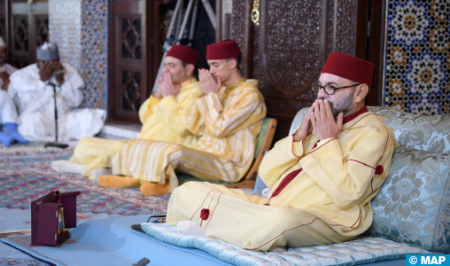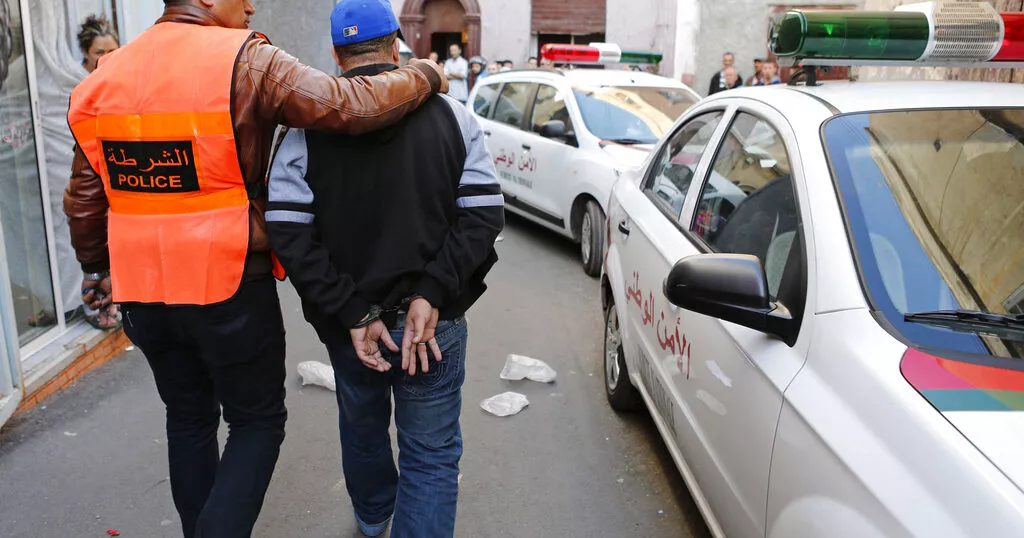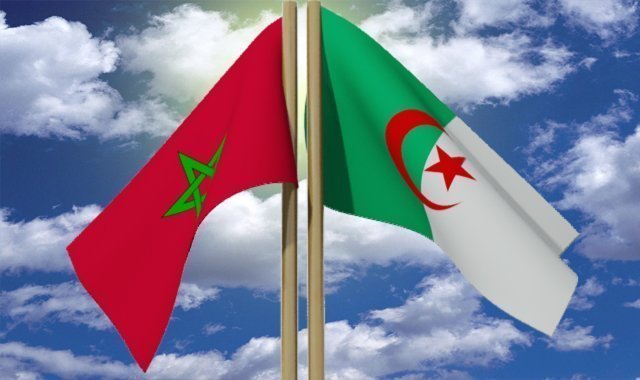King Mohammed VI, Commander of the Faithful, accompanied by Crown Prince Moulay El Hassan, Prince Moulay Rachid and Prince Moulay Ismail, chaired Friday at the Royal Palace in Rabat, the second religious lecture of the holy month of Ramadan.
The lecture, under the theme “How to form an ideal nation in the light of the Holy Book and the Sunna Annabaouia,” was delivered by the president of the Association of Sri Lankan Ulema, Mohamed Radoui Ben Mohamed Ibrahim.
The theme was inspired by the prophet’s Hadith: “People are like gold and silver; those who were best in Jahiliyyah (Pre-Islamic Period of Ignorance) are best in Islam if they have religious understanding.”
At the beginning of his lecture, the speaker pointed out that the al-Hadith al-Sharif means that, just like gold and silver, people are different, and that the good, being intrinsically buried in the depths of human beings, it is a matter of extracting it as we do with gold and silver. And this is what refers, according to him, to the concept of human development.
All definitions converge in one direction, namely the development of human being for human being, and by human being, in order to bring good to mankind and form an ideal nation, the lecturer noted, indicating that the mission of the Prophets and Messengers was only to achieve this goal, to move people from darkness to light, from depravity to integrity, from decadence to glory.
The lecturer considered that the greatest development in the history of mankind is the work of the seal of the Prophet and Messenger who transformed the essence of Jahiliyyah into the wonders of mankind, making unequalled human beings in history and forming an exemplary nation until the day of judgment.
He insisted that in the present era, the Islamic Ummah must study this ideal nation, its characteristics and how the Prophet prepared it, so that it may regain its strength and save humanity from eternal loss.
The companions of the Prophet represent the ideal nation in the light of the Holy Book and the Sunna, because this specific group was a wonderful model for the whole human race, stressed Professor Mohamed Radoui Ben Mohamed Ibrahim, drawing inspiration from the Quranic verse: “You are the best community ever raised for humanity”. (Surah Al’Imran).
The Prophet’s companions were an ideal nation for those who came after them, in that they were an integrated nation in all branches of religion and life, through religious practices, transactions, behaviors and morals, he added, reviewing the characteristics that distinguished this ideal nation, namely dedication to the promotion of Allah’s message, the ordering of good and the prohibition of evil, in addition to obedience to Allah, His Messenger and those in command.
Recalling that scholars are unanimous on the obligation to obey the Imam and the prohibition of deviating from his commands, the speaker stressed that Allah Almighty has graced the Kingdom of Morocco with the wise Commandery of faithful and the enlightened leadership of the King, who watches over the prosperity and development of the state, as well as the interests of the people.
The speaker also focused on characteristics such as unity, harmony, and tolerance, stressing that “obedience follows in importance the unity of the word, because, through obedience, the nation strengthens its unity and cohesion, and the bond between all its members is cemented, whether between the leader and his constituents or between the constituents among themselves. Thus, the unity and strength of the nation become a reality,” he noted.
At the end of the lecture, King Mohammed VI was greeted by several foreign scholars attending the Ramadan lecturers, including from Senegal, Great Britain, Mauritania, Indonesia, France, Niger, Ghana, Brazil, and Mali.
King Mohammed VI had chaired the first religious lecture of the holy month of Ramadan on Wednesday. The Lecture was delivered by Minister of Islamic Affairs Ahmed Toufiq under the theme “The fruits of faith in human life.”
Holding religious lectures is a common tradition during the holy of Ramadan in Morocco that dates back to the early sixties.



